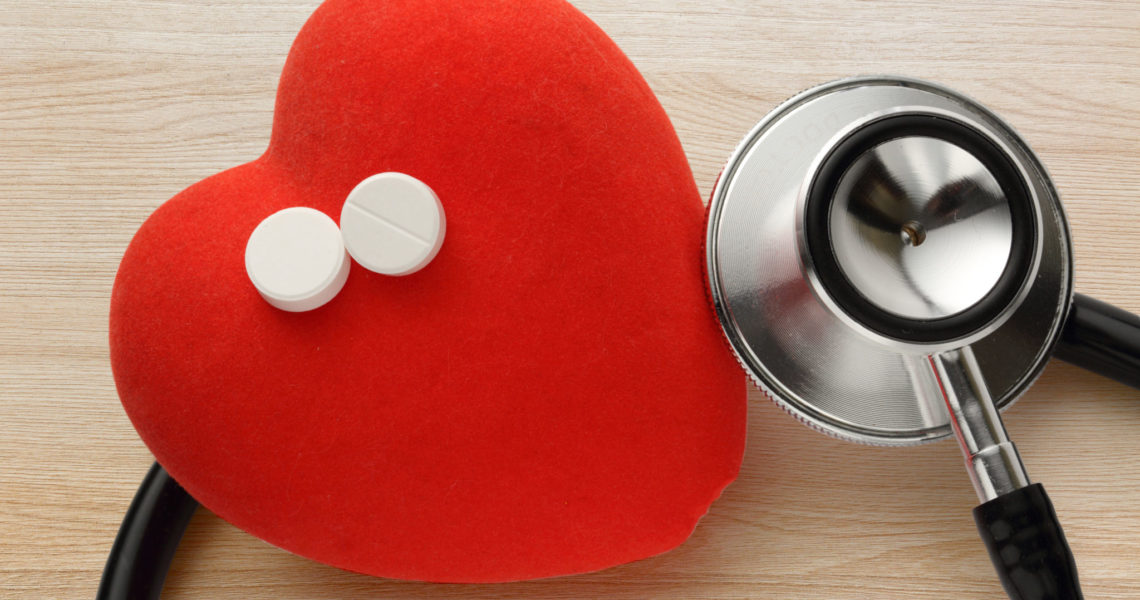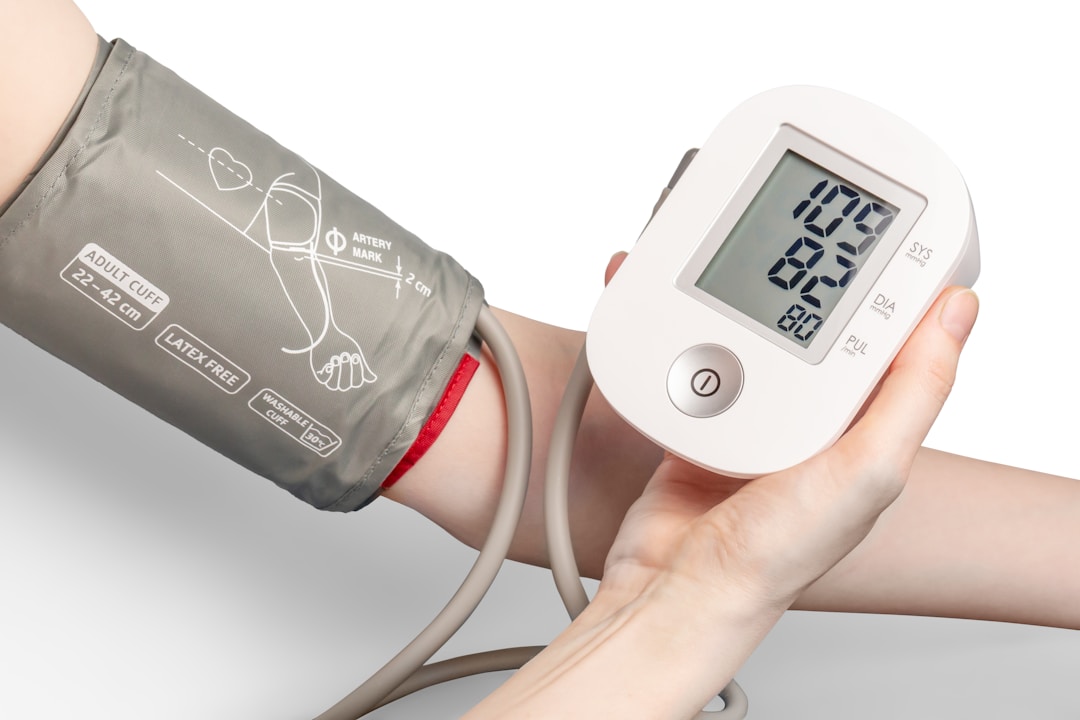Adding a new baby to your family is a big change for any couple. And while this change might be a positive one you and your partner have been excited about or planning for a long time, it can still be stressful to make major lifestyle alterations to accommodate your little one. Change, even positive change, can be stressful and even put new challenges on a healthy relationship. The great news is that there are trained couples therapists out there who can help if you and your partner are having trouble adjusting to parenthood or even feel estranged from one another as your priority shifts to your little one. To learn more about the usefulness of couples therapy after having a child, read on.
Adjusting to Change

Making the change from a couple into a family and adding a new family member to your home is a big adjustment for everyone. It’s important to go easy on yourself and your partner as you work together to reinvent routines and come up with a new daily lifestyle. During this time, you can make things easier by investing in products meant to make life after a new baby more convenient. From the perfect maternity bralettes to a quality jogging stroller, having the material tools you need as you make room for a baby is a great first step into your next life chapter as a family.
A couples therapist can help you and your partner make changes in creative ways you’ll both be excited about, too. Not only can they listen to your fears and concerns and challenges you’re facing with your new baby home, but they can also remind you of why you chose to make a family together in the first place. Especially during difficult times, having an ongoing relationship with a couples counselor who knows you both well will be key in making adjustments easier.
Creating New Shared Goals

As you begin that first Google search for couple therapy near me, it’s a good idea to remember what you and your partner are looking for in a couples counselor. Remember: Your therapist will be working for you. For this reason, it’s a good idea to take time with your partner to develop a list of goals for your relationship before your first family therapy session. Your therapist will be able to help you prioritize those goals, identify new ones, and hold you each accountable for making sure you honor your shared dream as life moves on.
Intimacy and Confidence

If you’re a new mom struggling with body changes and interest in intimacy, you already know that your self-confidence is key in feeling sexual again. If you’re hoping to bring back intimacy but are struggling with how to have conversations with your partner about your body’s changes, a couples counselor can help. Likewise, if you’re not sure how to approach the new mom, are worried about hurting her, or aren’t sure how to offer support, a therapist can work with you as well.
The truth is that your overall peace of mind will improve as time moves on and you and your partner get used to having a new baby around. In the end, creating a family with your partner can enhance your bond and relationship if you remember to make your relationship a priority, too. In seeing a couples therapist after having a child, you’re sending your partner a message that they matter to you. Best of luck as you and your partner make your relationship a priority and work together to provide your child with a healthy environment in which to grow. Congratulations on your new arrival!












